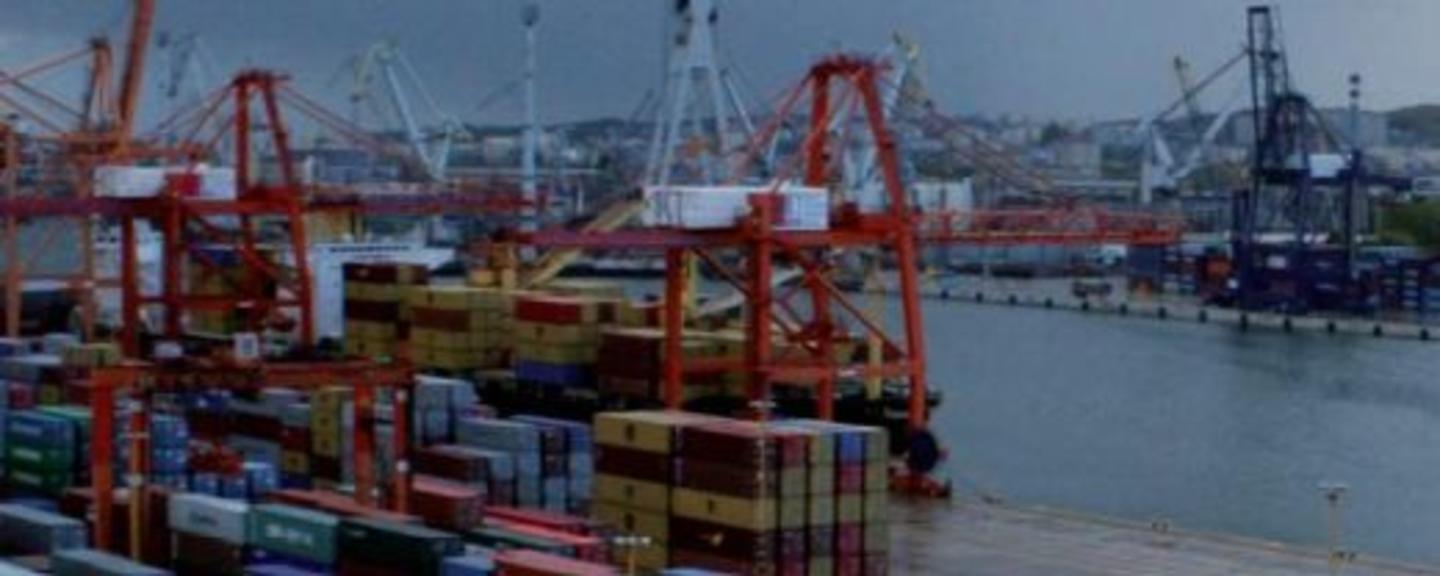Norway Grants with its support to implement Schengen requirements has touched off direct cooperation between the two national police services. Poland became part of border-free Europe in 2007. During bilateral talks between the Police Commissioners in 2004, a decision was taken to use the funding scheme to draw on Norway’s fresh experiences with the free movement of people.
Poland has steered towards a similar path to what Norway chose for its integration into Schengen through joint preparation of several applications for grants under Norway Grants. Head of the Norwegian police’s project for cooperation under the Norway Grants, Magrethe Bjonge, says both aims of the grant scheme, reduction of social and economic disparities and promotion of cross-border relations, are highly relevant for the police.
“In our time of globalisation, international police cooperation is a must. As crime gets more sophisticated, it is crucial that the police services across Europe are adequately equipped”, Bjonge said, adding: “Crime that is stopped in Poland does not reach us”.
Mug shots and fingerprints
For Poland, the entry into Schengen calls for heightened security measures on the country's eastern border with Belarus, Ukraine and the Kaliningrad region of the Russian Federation. Several of the 17 Schengen projects supported by Norway are aimed at providing the Polish police with the tools to combat cross-border crime, organised crime such as trafficking in human beings, and illegal immigration. The Polish police’s needs include specialised equipment for pyrotechnic teams, tactical searchlights and more than 220 off-road scooters, heavy motorcycles, prison vans and other vehicles.
The Norwegian funding will also increase Poland’s practical access to the backbone of Schengen cooperation – the Schengen Information System (SIS). New equipment and training in the use of biometrics – using the body as authentication – will enable the police to simultaneously register and check a person’s personal data, fingerprints, and mug shots against the common European police database. In addition, infrastructure will be set up across eastern and northern Poland to ensure wireless contact with the database for the users of the 3600 new sets of radiotelephones. So far, the total support from Norway allocated for Schengen related issues amounts to nearly €80 million.
Cooperation on common challenges
Four years of close contact has widened the two police forces’ collaboration. The initial joint preparatory efforts on applications have now developed into a cooperation that may soon be grounded in operational feedback.
According to the Polish police, the work of their Norwegian colleagues has been key to ensuring a continuation in the push towards this final stage. “We have developed something which is crucial for any interpersonal contact – trust”, Miłosz Mazur, Head of the Unit for Assistance Funds in the Polish Police, said. “When police officers or experts on both sides discuss their mutual problems and come into contact through study visits or direct consultations, we broaden the horizons on both sides. And if the cooperation is based on personal contacts and stretches over a few years, as is the case here, the cooperation is less formal, more open and touching real problems,” he said
